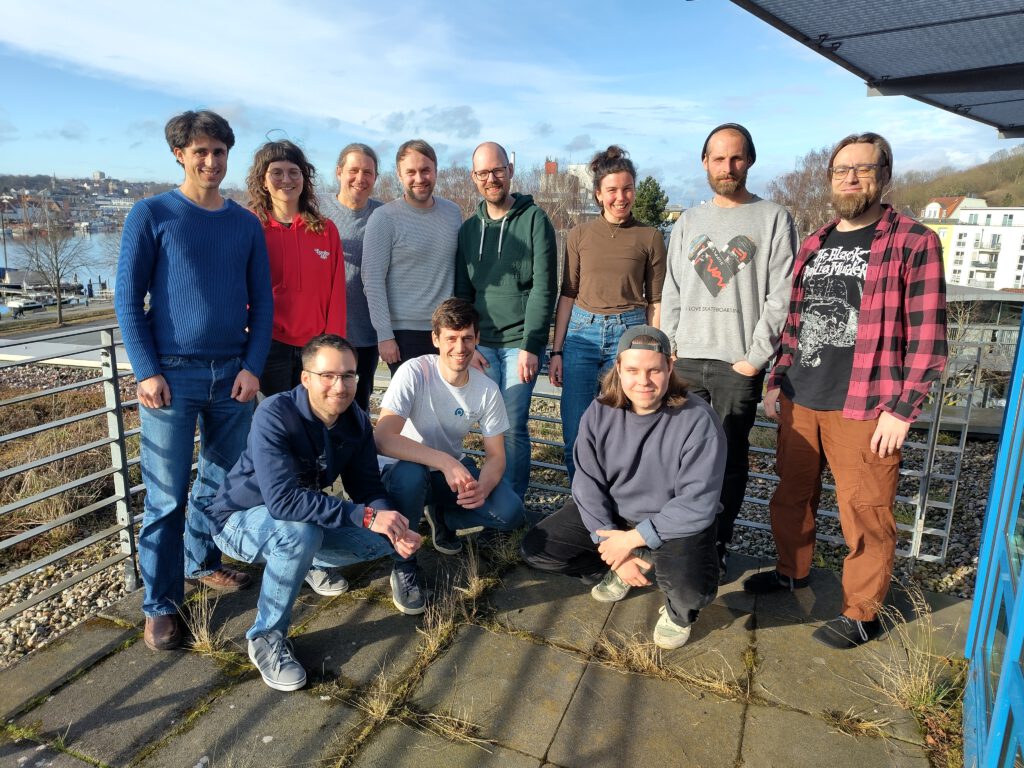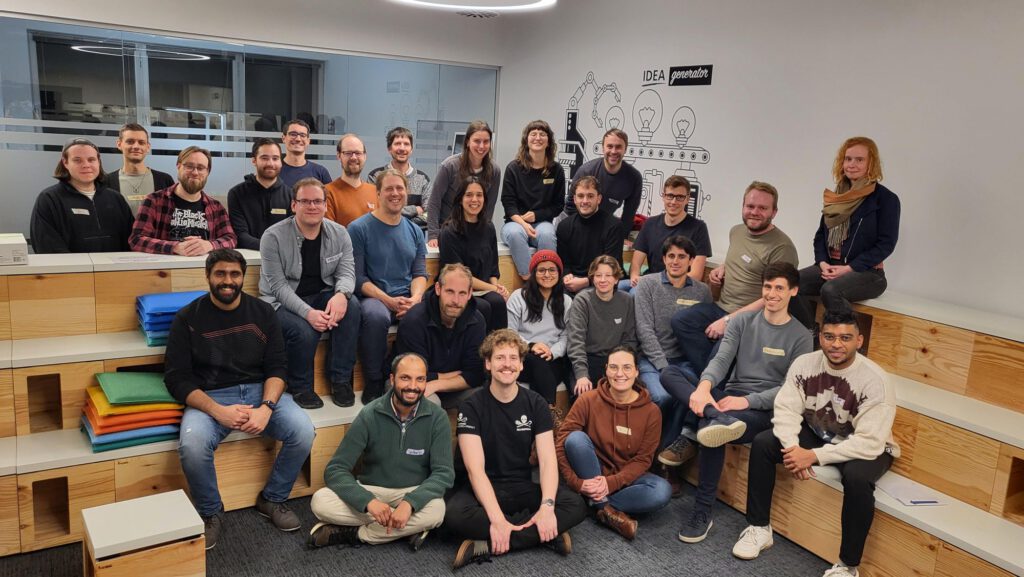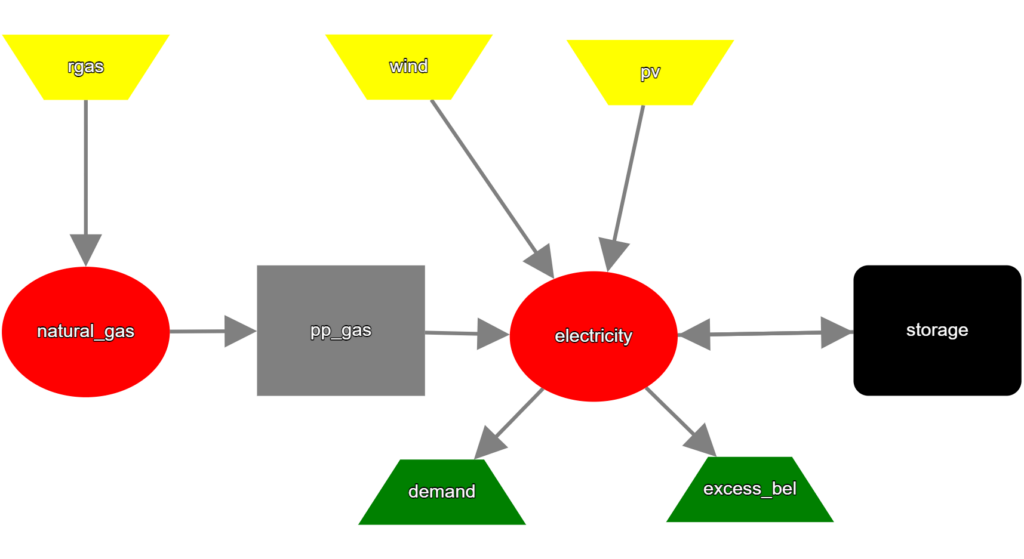Without any public announcement, we shadow-dropped oemof.solph v0.6.0 last Friday (solph package 0.6.0 at PyPI, solph 0.6.0 changelog at GitHub). As yesterday was a public Holiday in Germany, this was an extra-bold move, breaking the dogma “never release on Fridays” in an extreme way. Seems like it wasn’t extra-stupid: Until now, nobody complained.
We decided to do this, as we believe it to be a rather stable release. We have cool new features (time-series aggregation and new result handling), but we marked them as experimental. The most noticeable change probably is the completely revised and reshaped documentation, which we tried to be more beginner-friendly than ever. Other changes include removal of API wrappers that allowed to still use old class names and keywords. Highlights of the release include:
Continue reading “Feisty Friday: omeof.solph v0.6.0”


